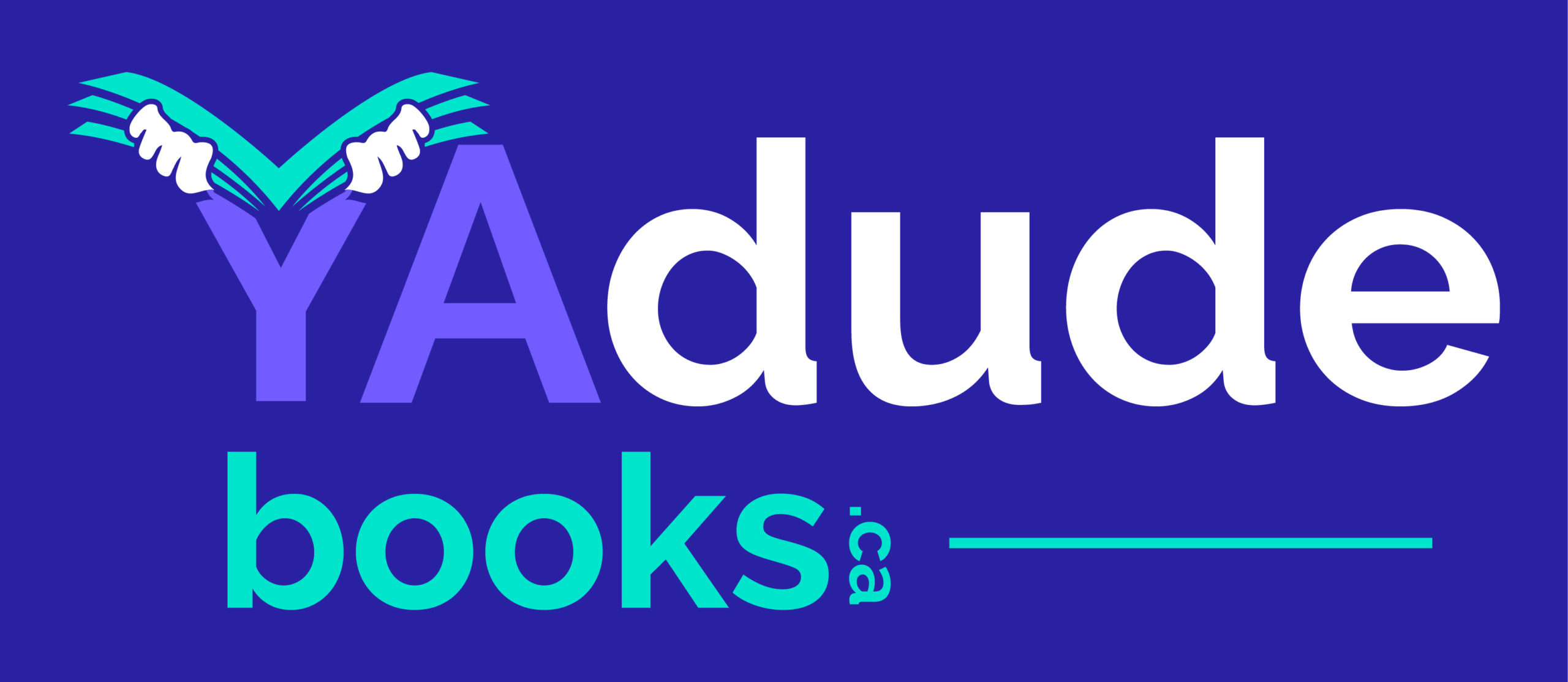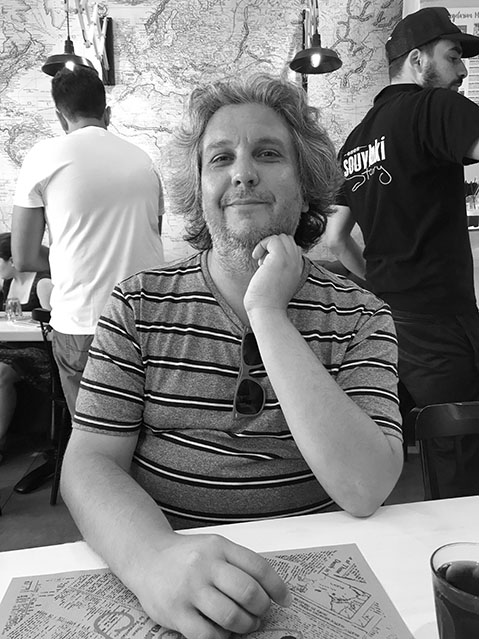Jeff Fleischer is a Chicago-based journalist, editor, author (and newlywed!) who has written five nonfiction books, mostly for young adults. He has written for many magazines including Mother Jones, Chicago Magazine, Sydney Morning Herald, National Geographic Traveler and Mental Floss. He has also lived and worked in Australia, New Zealand, San Francisco and Indiana. His various books explain the American election process, explore the history of mass hysteria, profile iconic revolutionaries and, most recently, focus on climate change. He has also published short stories in more than seventy publications.
While most of his reporting is in the politics/current affairs category, he has also covered sports, entertainment, business, travel and other subjects. He has interviewed people ranging from a former U.S. president and the head of United Nations peacekeeping in Rwanda to a Pulitzer-winning graphic novelist and a member of Monty Python. He has learned to throw a googly from one of Australia’s top cricket bowlers, spent a month reporting on a remote Pacific atoll, guest lectured to law students about his research and seen his work included in university textbooks around the world. He has a bachelor’s in journalism and history from Indiana University and a master’s in magazine journalism from Northwestern University’s Medill School of Journalism.
Q: While lots of journalists write books, what led you to focus on young-adult nonfiction books in particular?
A: It didn’t begin as a specific plan. But because I started out in newspapers, I was used to writing for an audience that included young readers, and to learning complicated information and explaining it in an accessible way. I enjoy writing about subjects that could otherwise feel academic or boring, and using examples to illustrate ideas, so the books have probably come to reflect that. I think it’s important to give young readers informative material that doesn’t read like a textbook but also doesn’t talk down to them—basically, the kind of nonfiction I liked reading when I was younger—so I hope the books do that.
One reason I like doing school visits (in person or virtually) is getting to talk with young readers about their questions and concerns. Some of the most rewarding examples have been students telling me they were never interested in history or civics before but enjoyed one of the books and now want to learn more. In one case, a student who told me Votes of Confidence got them interested in government wound up working on several campaigns last year, so that was cool to see.
Q: Your newest book, A Hot Mess, explores climate change through real-life stories. What made you choose that approach to reach young people, and what is the single biggest message you hope they take away?
A: I think it’s important to take a three-dimensional view of the problem. Not just explaining the science, but connecting the dots between what’s going on at a global level and how life is changing differently in different places. Even if people read or watch reliable, accurate reporting about climate science (and not everyone does), it can still be hard to grasp the size and range of the problem. There are plenty of good articles about specific examples in the news on a given day, but sometimes it’s easy to learn about some of the trees and miss the forest. As far as a message, I’d hope they understand that grifters and liars shouldn’t get away with delaying or preventing action to tackle arguably the most serious problem of our lifetimes—and also that while they’re going to have to live with some bad outcomes because of other generations’ inaction, that doesn’t mean they can’t improve things or stop them from getting worse.
Q: What do your books have in common, and what motivates you to select your topics?
A: At the most basic level, I write about subjects that interest me and that I’ve spent a lot of time learning about, and which I think young readers would also benefit from or be interested in learning. I was always a history nerd, so part of Rockin’ the Boat was introducing young readers to stories in history I find fascinating. I was always a nerd about civics and government, so that was the origin of Votes of Confidence. Similarly, I’ve always been interested in the natural world and started the research for what eventually became A Hot Mess more than a decade ago.
I like to think that by giving readers accurate information, and hopefully doing so in an entertaining way, I can play a part in helping them think critically, better understand complicated subjects and know how to separate reliable information from garbage. That’s arguably the most important part of being a better citizen.
Q: What kind of teen were you?
A: I was always interested in a wide variety of things. As a teen, I wrote everything from sports to entertainment to op/eds for my high school paper, was an editor at our literary magazine, and was really involved in theater as an actor, director and stage-crew member. I hung out with friends a lot, playing sports or going to movies or concerts. I was interested in a lot of the same things I am now, from history to baseball to music.
Q: You’ve named early influences as Kurt Vonnegut, George Orwell and Studs Terkel. How did they catch your attention?
I think what appealed to me early was the use of everyday people’s stories (both in fiction and nonfiction) and writing that was evocative and compelling while sounding straightforward (the feeling of an author telling you the story directly).
Q: Given how many short stories you’ve written, can we expect a young-adult novel at some point?
A: Hopefully. I have a couple that I’ve started writing, but I need to devote some time to finishing. Meanwhile, I’m in the process of shopping a short-story collection and a children’s picture book, and planning possible next nonfiction books, so there should be something new out in the not-too-distant future.
From a YAdudebooks reviewer: “If I win the lottery, I’m going to use the money to ensure that every English-speaking young person in the world receives a copy of Jeff Fleischer’s A Hot Mess. Why? Because despite heaps of books on climate change out there, this is one of the best – and it just happens to be targeted to young adults.”

